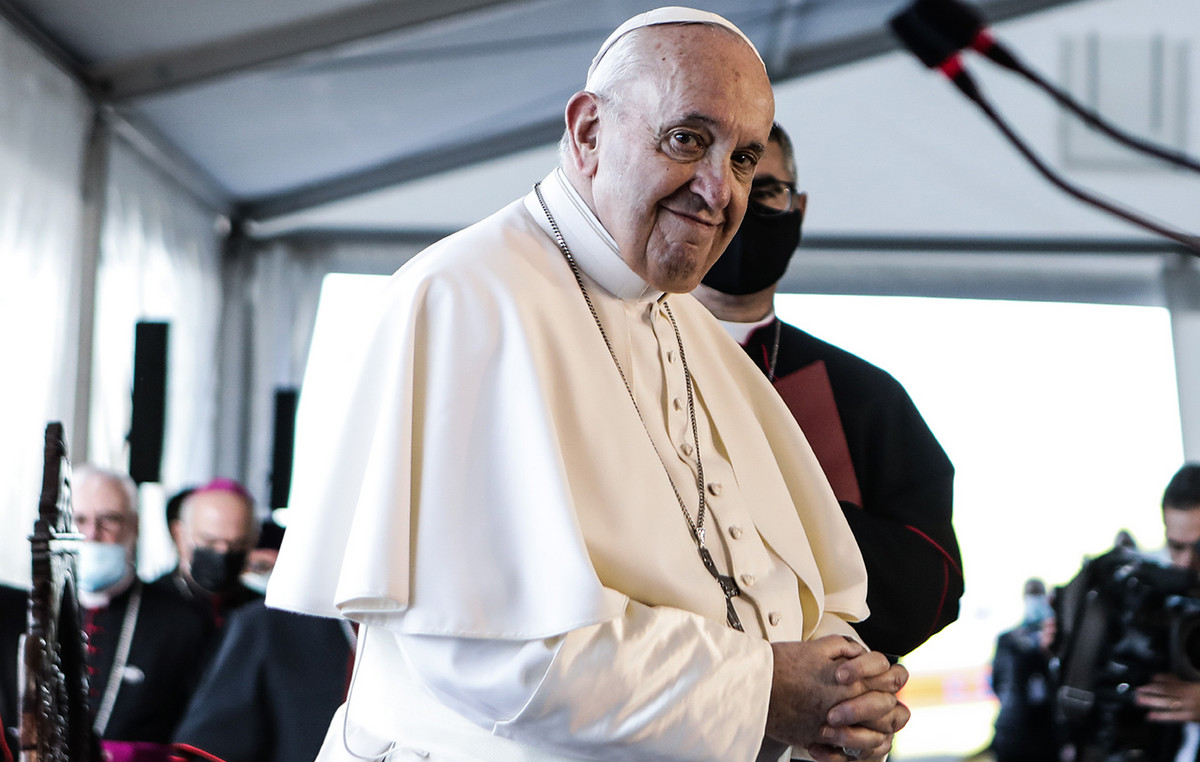The Federal Supreme Court (STF) began judging this Wednesday afternoon (14) the actions challenging the creation of the guarantees judge. The figure was implemented by the anti-crime package, approved by Congress and sanctioned by then-President Jair Bolsonaro (PL) in December 2019.
The application was suspended in January 2020 by decision of Minister Luiz Fux, then Vice President of the STF.
Fux is the rapporteur for the actions. He started to read the case report. Next, the representatives of the parties involved and the “friends of the court”, entities admitted to the processes to collaborate with information, speak.
Afterwards, the Attorney General of the Republic, Augusto Aras, must speak. The votes of ministers begin in sequence, starting with the rapporteur.
The guarantee judge is a magistrate who would act only in the investigation phase of the process and would be responsible for overseeing the legality of the criminal investigation, authorizing measures such as arrests, breaches of secrecy and search and seizure warrants. It has the function of guaranteeing the individual rights of those being investigated.
If the complaint is received –when those investigated become defendants–, the case is handled by another judge, who will act in the trial itself.
With a suspension of more than three years, ministers of the Court itself have already spoken out on the need to define the issue.
In March, Ricardo Lewandowski (already retired) demanded speed in the analysis and said that the implementation is “absolutely fundamental”. In the sequence, Minister Rosa Weber agreed, stating that the plenary should have already judged the case.
At the beginning of May, Minister Gilmar Mendes said that “it is missing” the Court to decide on the guarantees judge. “This type of embarrassment is very serious for the Justice”, he pointed out, referring to the performance of Operation Lava Jato.
To suspend the application of the figure, Fux cited two reasons. According to him, the proposed law should have come from the Judiciary, as it affects the functioning of Justice in the country and the law was approved without forecasting the budgetary impact of this implementation of two judges per case.
The actions were proposed by the parties PSL (which, after merging with the DEM, was renamed União Brasil), Podemos and Cidadania, in addition to entities representing legal careers: Association of Brazilian Magistrates (AMB), Association of Federal Judges of Brazil (Ajufe) and the National Association of Members of the Public Ministry (Conamp).
The arguments go through the questioning of the competence of the Union to deal with the matter and the deadline established by law for the application of the guarantees judge. The actions also point out that the measure brings mandatory expenses to the Judiciary, without a financial impact study.
The approval of the guarantees judge saves clashes from the processing of the anti-crime package. The proposal takes its name from the set of propositions presented by the then Minister of Justice Sergio Moro.
The text that was approved, however, is very different from what had been proposed by the former Lava Jato judge, and brings contributions made by a committee of experts in Congress coordinated by STF Minister Alexandre de Moraes.
Moro has always been against the figure of the guarantee judge, but the measure was sanctioned by President Jair Bolsonaro, in a nod to Centrão, contrary to the opinion of the then minister.
Source: CNN Brasil
I’m James Harper, a highly experienced and accomplished news writer for World Stock Market. I have been writing in the Politics section of the website for over five years, providing readers with up-to-date and insightful information about current events in politics. My work is widely read and respected by many industry professionals as well as laymen.







